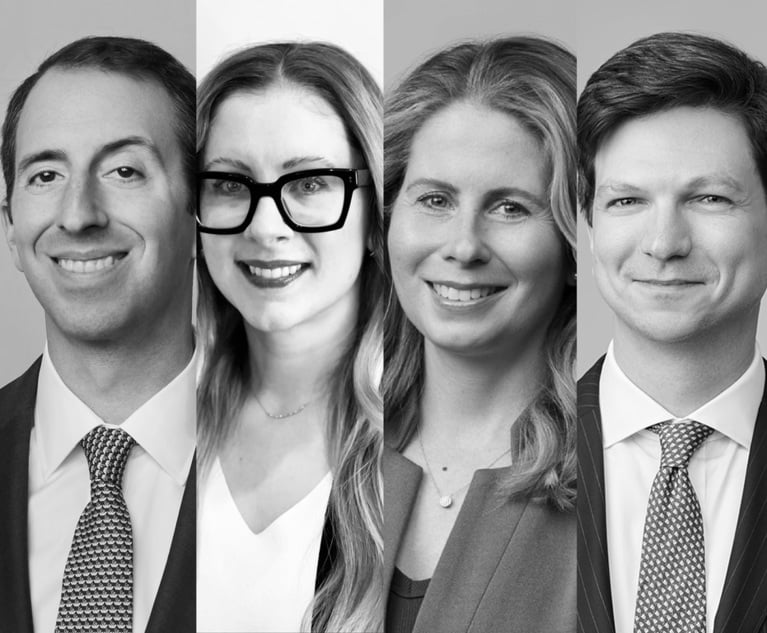POTENTIAL POWDER KEG - One of the largest mass tort matters in 2022 won’t end up in front of juries or trial judges, but in U.S. Bankruptcy Court, where the future of the talcum powder litigation against Johnson & Johnson—and possibly the use of a controversial merger tactic—could be decided, Law.com’s Amanda Bronstad reports. Lawyers for the talc claimants already moved to dismiss the Chapter 11 case, filed on Oct. 14 by LTL Management, a newly created subsidiary of J&J, to resolve more than 38,000 lawsuits alleging its talcum powder products cause ovarian cancer or mesothelioma. Chief Judge Michael Kaplan, of the U.S. Bankruptcy Court in New Jersey, could decide by Feb. 15 whether to grant dismissal. His decision could go either way. But regardless, Johnson & Johnson’s case could result in some of the first court rulings involving a tactic that other entities, such as the Boy Scouts of America and USA Gymnastics, have used to manage massive tort liabilities through bankruptcy. “Besides Johnson & Johnson, a lot of other companies are watching very closely because if this does end up going all the way through the courts and endorsed, it’s going to be Plan A for these corporations,” said Lynn LoPucki, a bankruptcy professor at UCLA School of Law. “This is a fundamental challenge to the ability of bankruptcy courts to adjudicate these claims under the federal bankruptcy laws.”
AS THE KIDS SAY… - Trying to understand Gen Zers can be a daunting proposition, what with all the TikTok-ing and such. But the reality is that, like any younger generation, the only way to truly relate to them…is to just sit down and rap with them! As Law.com’s Lizzy McLellan and David Gialanella report, law firm leaders are beginning to find that, once they really make an effort to listen to the wants and needs of up-and-coming attorneys, it turns out they’re not so hard to figure out after all. “The characteristics of Gen Z track in our younger lawyers,” Mark Frazier, managing partner of California-based Rutan & Tucker, said. He sees the 160-lawyer firm’s new associates as independent thinkers who question convention and who are attuned to thinking financially. “When we recruit younger lawyers, we are essentially looking for people who have those sorts of characteristics,” says Frazier, who joined the firm directly out of law school in 1982 and says he first became aware of generation gaps around 2000. “We’re hiring potential future partners; we’re not just hiring bright young lawyers. … So we like to see self-confidence, we like to see engagement.”










